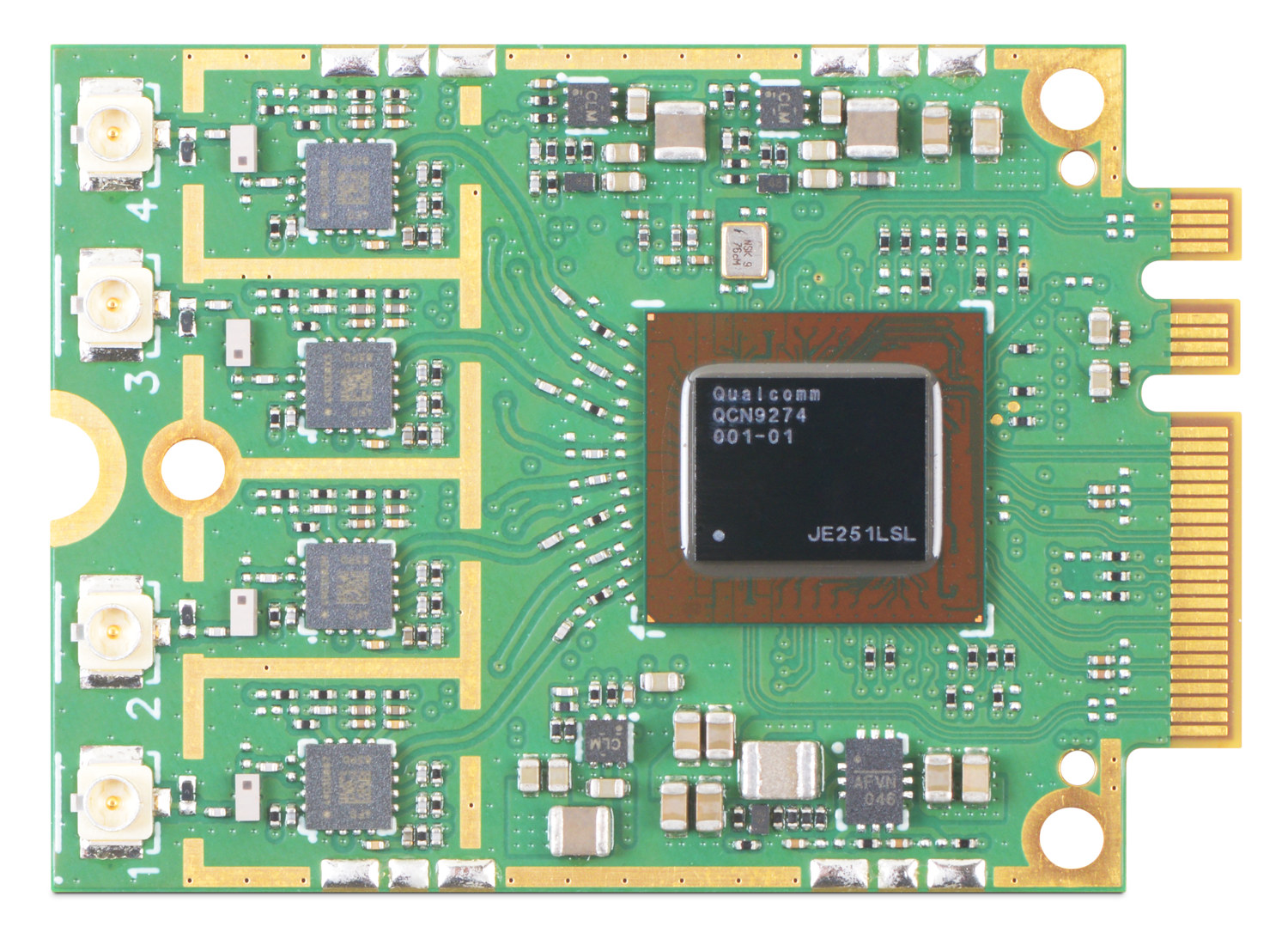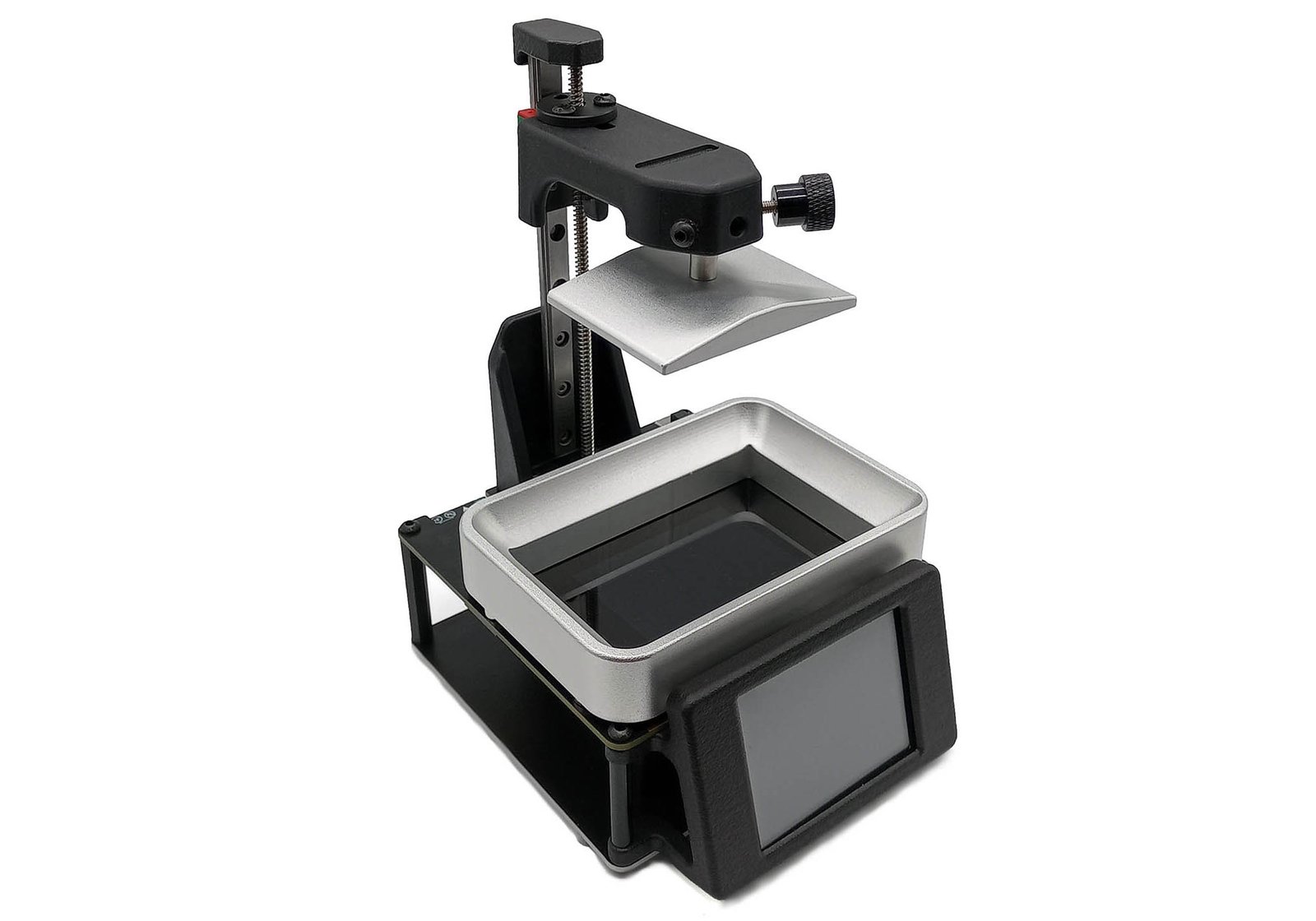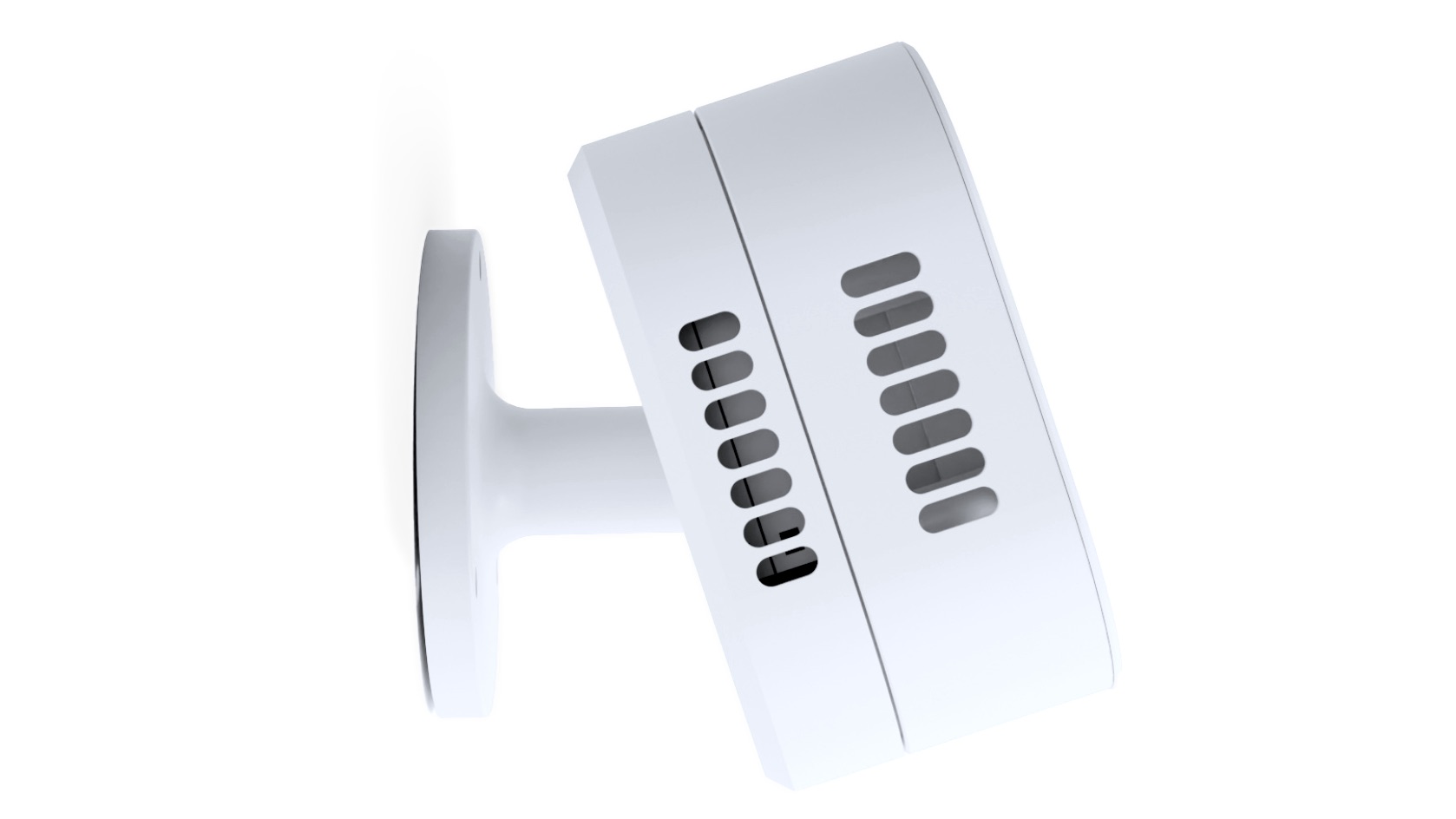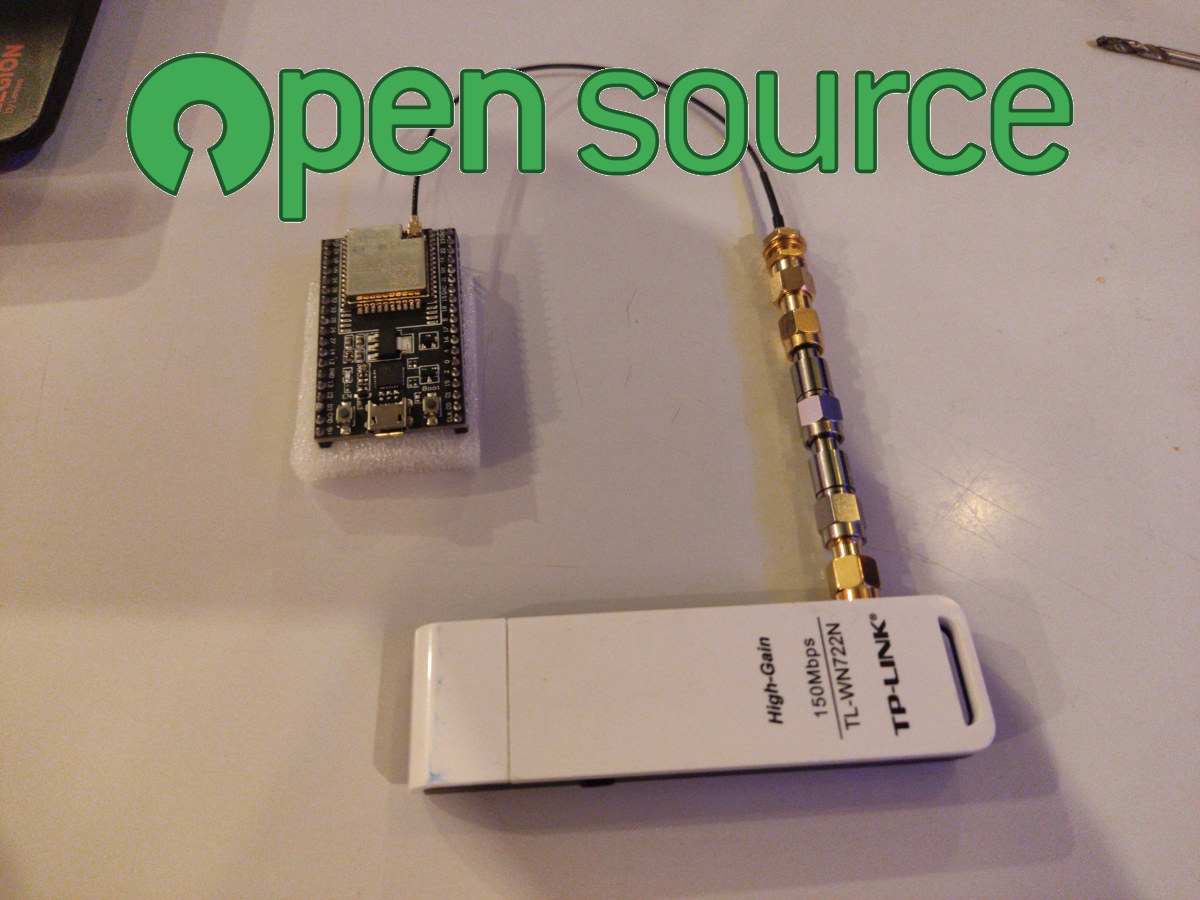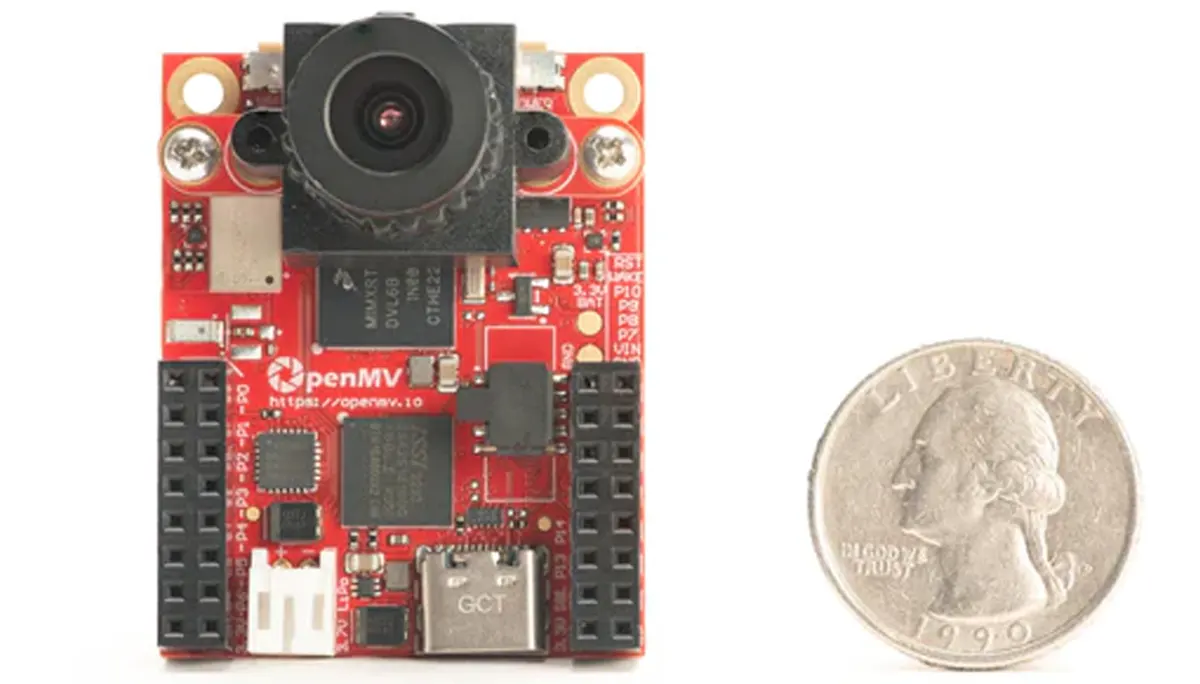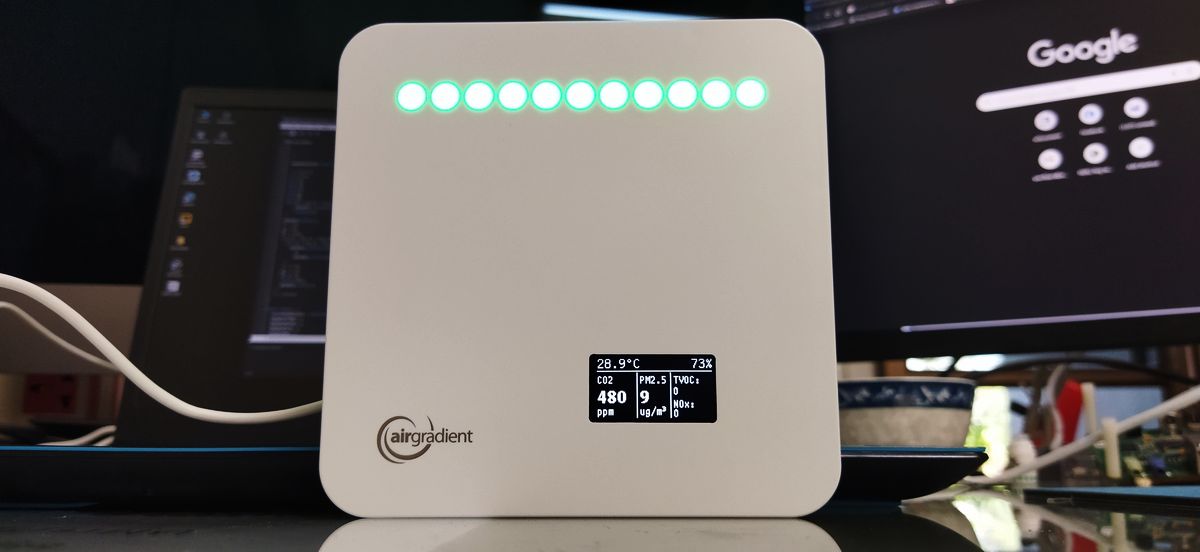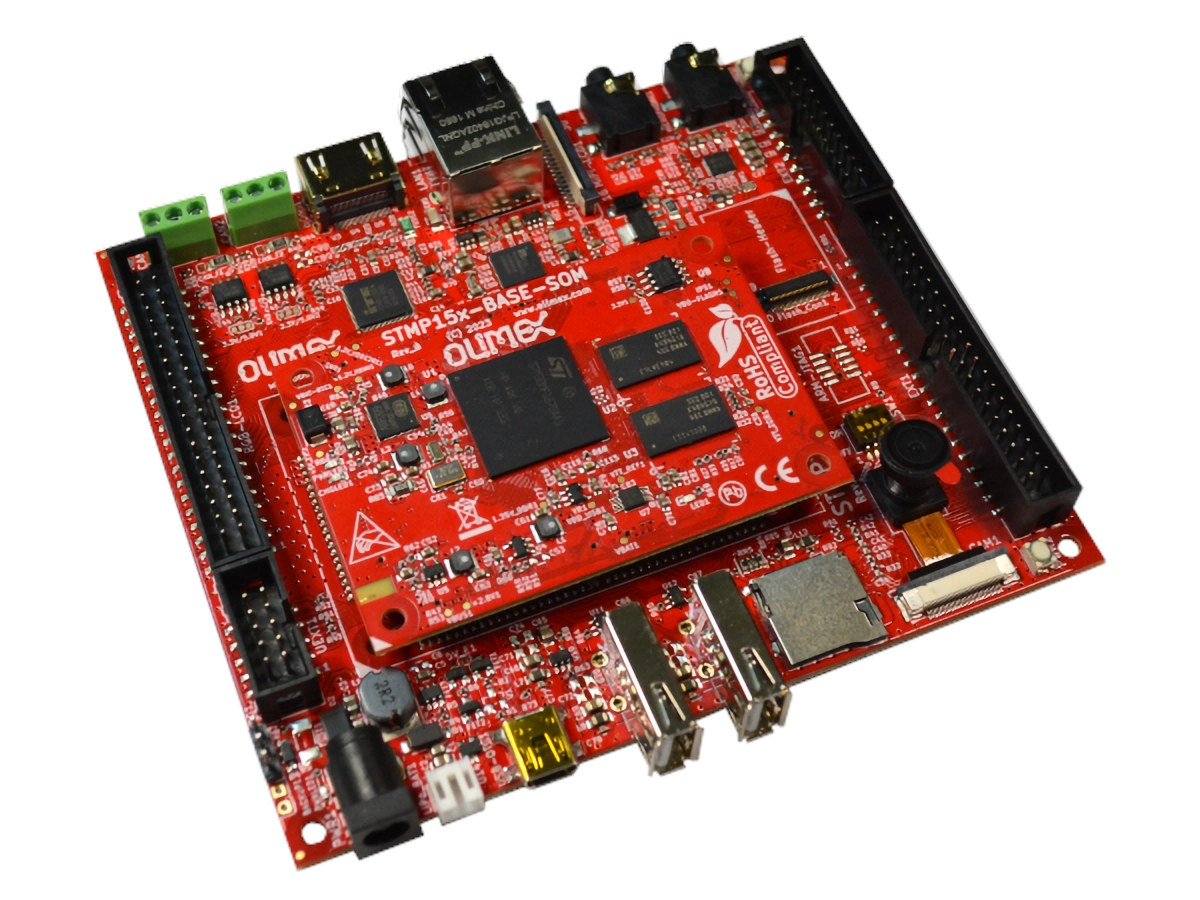8Devices Noni is a family of M.2 A+E-Key WiFi 7 modules built on the QCN9274/QCN6274 chipsets, delivering up to 11 Gbps link rate in 4×4 MIMO or split 2×2 + 2×2 configurations, and supporting FirmUX embedded Linux OS. The Noni modules support Multi-Link Operation (MLO) for simultaneous communication on different frequencies and adaptive interference puncturing in order to maintain performance in various environments and the QCN9274-based variants also support advanced features such as Provisioned Multi-Link, Dense deployment, and Location and RF sensing. 8devices Noni specifications: All the Noni modules support a 2-lane PCIe Gen 3 interface connection to the host device. 8devices Noni modules support the FirmUX embedded Linux platform that provides developers a choice between fully open-source or proprietary Qualcomm drivers. The OS enables WPA3 security, comes with a responsive UI dashboard, supports Wireguard VPN, and the company claims up to 34 percent improvement over OpenWrt on the earlier […]
Silicon Labs partners with Nabu Casa to support Home Assistant development
Silicon Labs has entered an official partnership with Nabu Casa, the company behind the popular Home Assistant home automation software, to support the development of Home Assistant open-source software and Silicon Labs-based hardware platforms. Most open-source embedded software projects start as a one-person (or a small team) effort as the vendor-provided firmware and related software may not have the features set needed by this user or group of users. So they hack existing hardware to build something that better fits their requirements often without input/help from the silicon vendor or product manufacturer. But sometimes the project becomes popular enough that large companies start to help it with support and funding. That’s apparently the case for Home Assistant project with Silicon Lans and Nabu Case entering an official partnership. The announcement does not provide details about the partnership but explains this should lead to better support and improvements for both Home […]
Lite3DP Gen 2 is a tiny, open-source resin 3D printer (Crowdfunding)
The Lite3DP Gen 2 3D Printer builds on the success of its predecessor. With a new and improved design, an ESP32 microcontroller replacing the Arduino Pro Mini, and several other improvements, the Lite3DP Gen 2 is well-suited for making small, detailed resin prints. It is slightly bulkier than the Lite 3DP S1 3D printer but is still compact enough to fit into a bag. Gen 2 has been designed to maintain backward compatibility with the older model, and owners of existing Lite3DP printers can use the Gen 2 dev kit to upgrade their printers. The resin 3D printer is completely open-source (firmware, hardware, and software), and you can use the schematics, Gerber files, code, and other resources hosted in the GitHub repository to build a different kind of mSLA resin printer. Lite3DP Gen 2 key features & specifications: Electronics – All-in-one PCB with ESP32 microcontroller, high-res LCD, an ultra-silent TMC2209 […]
RoomSense IQ – An ESP32-S3 modular room monitor with mmWave radar presence detection (Crowdfunding)
RoomSense IQ is a modular room monitor for presence-based home automation based on the ESP32-S3 module with Bluetooth Wi-Fi connectivity. It uses physical presence detection to automate your smart home devices. It comes with multiple sensors that can be used to detect human activity and track ambient light, temperature, and humidity levels. It uses mmWave radar technology to determine when rooms are empty and when they are occupied. It also features built-in temperature, humidity, and light sensors for indoor climate monitoring and control. Rather than relying on schedules, or voice detection, RoomSense IQ triggers automations or alerts based on whether people are in a room or not. It is therefore possible to set it to automatically turn off lights or air conditioning in rooms that are empty to save on energy. In addition, the device offers distance to target measurement that can be adjusted to trigger certain actions. RoomSense IQ […]
ESP32 may soon get an open-source WiFi MAC layer
Most, if not all, WiFi hardware relies on closed-source binary blobs including ESP32 wireless MCU, but there’s now work underway to reverse engineer a WiFi MAC layer for the ESP32 to make it a truly open-source platform. Espressif ESP32 wireless microcontrollers already have an open-source framework (ESP-IDF) and toolchain, people can customize the code to some extent, but this excludes the wireless bits (Wi-Fi, Bluetooth, low-level RF functions) that are distributed as closed-source precompiled libraries integrated into the firmware. There were some efforts to provide an open-source stack for the BL602 chip but it never went anywhere, and the ESP32 may become the first target with an open-source driver without any blobs, excluding FPGA-based projects such as OpenWiFi. The early-stage implementation currently supports the following features: Sending WiFi frames Receiving WiFi frames Send an ACK packet as a reply to packets that are sent to the ESP32 Connect to an […]
OpenMV CAM RT1062 camera for machine vision is programmable with MicroPython
Following the success of the OpenMV Cam H7 and the original OpenMV VGA Camera, OpenMV recently launched the OpenMV CAM RT1062 powered by NXP’s RT1060 processor. This new camera module integrates a range of features, including a high-speed USB-C (480Mbps) interface, an accelerometer, and a LiPo connector for portability. Similar to its predecessor, this camera module also features a removable camera system, and it is built around the OV5640 image sensor which is more powerful in terms of resolution and versatility. However, the previous Omnivision OV7725 sensor, used in the OpenMV Cam H7 has a far superior frame rate and low-light performance. OpenMV provides a Generic Python Interface Library for USB and WiFi Comms and an Arduino Interface Library for I2C, SPI, CAN, and UART Comms which can be used to interface your OpenMV Cam to other systems. To program the board, you can use MicroPython 3 with OpenMV IDE, […]
AirGradient ONE Kit Review – An open-source indoor air quality monitor
The product we are reviewing today is the “AirGradient ONE” air quality monitor kit which is an updated version of the earlier AirGradient air quality monitor. The device is equipped with sensors from Sensirion and Plantower, allowing it to measure many air quality parameters such as CO2, PM2.5, TVOCs, NOx, temperature, and humidity. It is an indoor air quality monitor that is both open-source software and open hardware. This means that the Arduino source code, schematic diagrams, PCB, and 3D models of the enclosure are available to developers. AirGradient ONE DIY Kit Unboxing The device was packaged within a cardboard box, with a greeting card from the manufacturer. The card features a QR code linking to a webpage with the installation guide. Since I requested the Kit version (there’s also a fully assembled model), some sensors were not pre-assembled and they were well-packaged in separate seals. The main PCB was […]
Olimex launches STMicro STM32MP157 SoM and open-source hardware EVB
Olimex has just launched the STMP157-BASE-SOM-EXT system-on-module (SoM) powered by an STMicro STM32MP157 dual-core Cortex-A7 microprocessor along with the open-source hardware STMP157-BASE-SOM-EVB evaluation board designed in KiCAD. The CPU module comes with 1GB RAM, an EEPROM for configuration, and power management circuitry, and the carrier board exposes all features of the microprocessor with HDMI video output, LCD display interfaces, a 2MP camera, gigabit Ethernet, USB ports, CAN bus terminal block, audio jacks, several GPIO headers, and more. STMP157-BASE-SOM-EXT System-on-Module specifications: Microprocessor – STMicro STM32MP157DAA1 dual-core Cortex-A7 processor @ 800 MHz with Arm Cortex-M4 real-time core @ 209 MHz, Vivante 3D GPU with OpenGL ES 2.0 support System Memory – 1GB DDR3 Storage – Linux configuration EEPROM Host interface – 6x 40-pin board-to-board connect with 1.27mm pitch for I/Os Misc – User LED, 24 MHz oscillator Power Management – AXP209 PMIC, LDO, DCDC power management Dimensions – 72 x 48 mm […]


